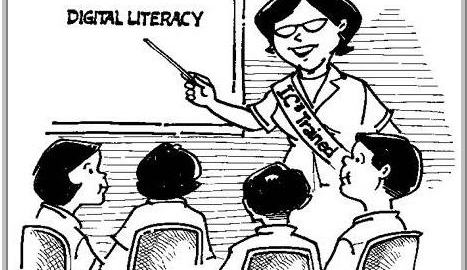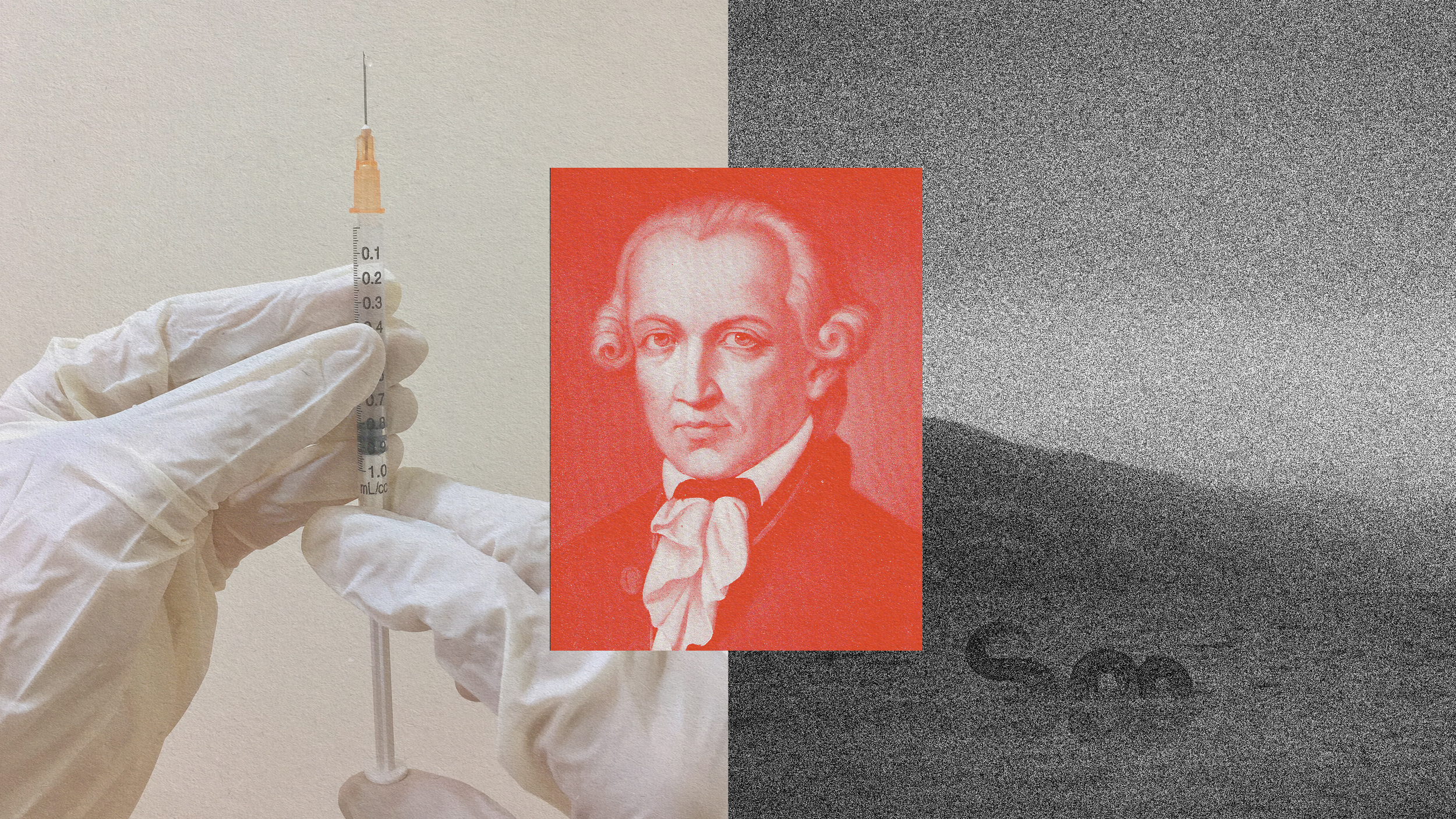The New Digital Literacy

In the 21st century economy, we are the programmers and the programmed. What does that mean?
According to the media theorist Douglas Rushkoff, author of Program or Be Programmed, people like to think of technologies and media as neutral and that only their use or content determines their impact. For instance, “Guns don’t kill people, after all, people kill people.” And yet, guns are much more biased toward killing people than, say, pillows — even though many a pillow has been utilized to smother an aging relative or adulterous spouse, Rushkoff points out.
Our widespread inability to recognize or even acknowledge the biases of the technologies we use renders us incapable of gaining any real agency through them, Rushkoff argues. We accept our iPads, Facebook accounts and automobiles at face value — as pre-existing conditions — rather than tools with embedded biases.
So how can we re-envision our relationship with technology? If the concept that technologies have biases were to become common knowledge, Rushkoff argues, we would put ourselves in a position to implement them “consciously and purposefully.” If we don’t bring this concept into general awareness, on the other hand, “our technologies and their effects will continue to “threaten and confound us.”
In the video below, Clay Johnson, author of The Information Diet, argues that software developers should take responsibility for the vital role they play in a digital society, and individuals need to be aware of the basic digital literacy skills we need to possess in order to be programmers, not just subjects who are programmed.
Watch the video here:
Image courtesy of Shutterstock





